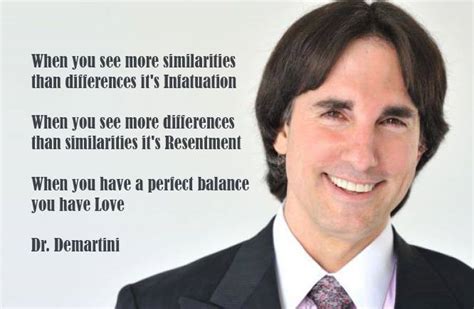A Quote by Janet Yellen
Housing wealth - the net equity held by households, consisting of the value of their homes minus their mortgage debt - is the most important source of wealth for all but those at the very top.
Related Quotes
The distribution of wealth is even more unequal than that of income. ...The wealthiest 5% of American households held 54% of all wealth reported in the 1989 survey. Their share rose to 61% in 2010 and reached 63% in 2013. By contrast, the rest of those in the top half of the wealth distribution ?families that in 2013 had a net worth between $81,000 and $1.9 million ?held 43% of wealth in 1989 and only 36% in 2013.
The average net worth of the lower half of the distribution, representing 62 million households, was $11,000 in 2013. About one-fourth of these families reported zero wealth or negative net worth, and a significant fraction of those said they were "underwater" on their home mortgages, owing more than the value of the home. This $11,000 average is 50 percent lower than the average wealth of the lower half of families in 1989, adjusted for inflation.
The environmental crisis is somber evidence of an insidious fraud hidden in the vaunted productivity and wealth of modern, technology-based society. This wealth has been gained by rapid short-term exploitation of the environmental system, but it has blindly accumulated a debt to nature-a debt so large and so pervasive that in the next generation it may, if unpaid, wipe out most of the wealth it has gained us.
In 1985, the top five percent of the households - the wealthiest five percent - had net worth of $8 trillion - which is a lot. Today, after serial bubble after serial bubble, the top five per cent have net worth of $40 trillion. The top five percent have gained more wealth than the whole human race had created prior to 1980.
Virtually all student debt in the US is now held by the federal government. It would therefore be a relatively simple matter to forgive some, if not all of it. This would enable young people to transition much more easily into creating their own households and families. At the same time, if the government is going to enact a major program of student debt forgiveness, it should be at least equally committed to relieving the heavy mortgage debt burdens still carried by tens of millions of non-affluent households in the aftermath of the 2007-09 financial crash and Great Recession.
A consolidation makes sense only if you can lower your overall interest rate. Many people consolidate by taking out a home equity line loan or home equity line of credit (HELOC), refinancing a mortgage, or taking out a personal loan. They then use this cheaper debt to pay off more expensive debt, most frequently credit card loans, but also auto loans, private student loans, or other debt.































